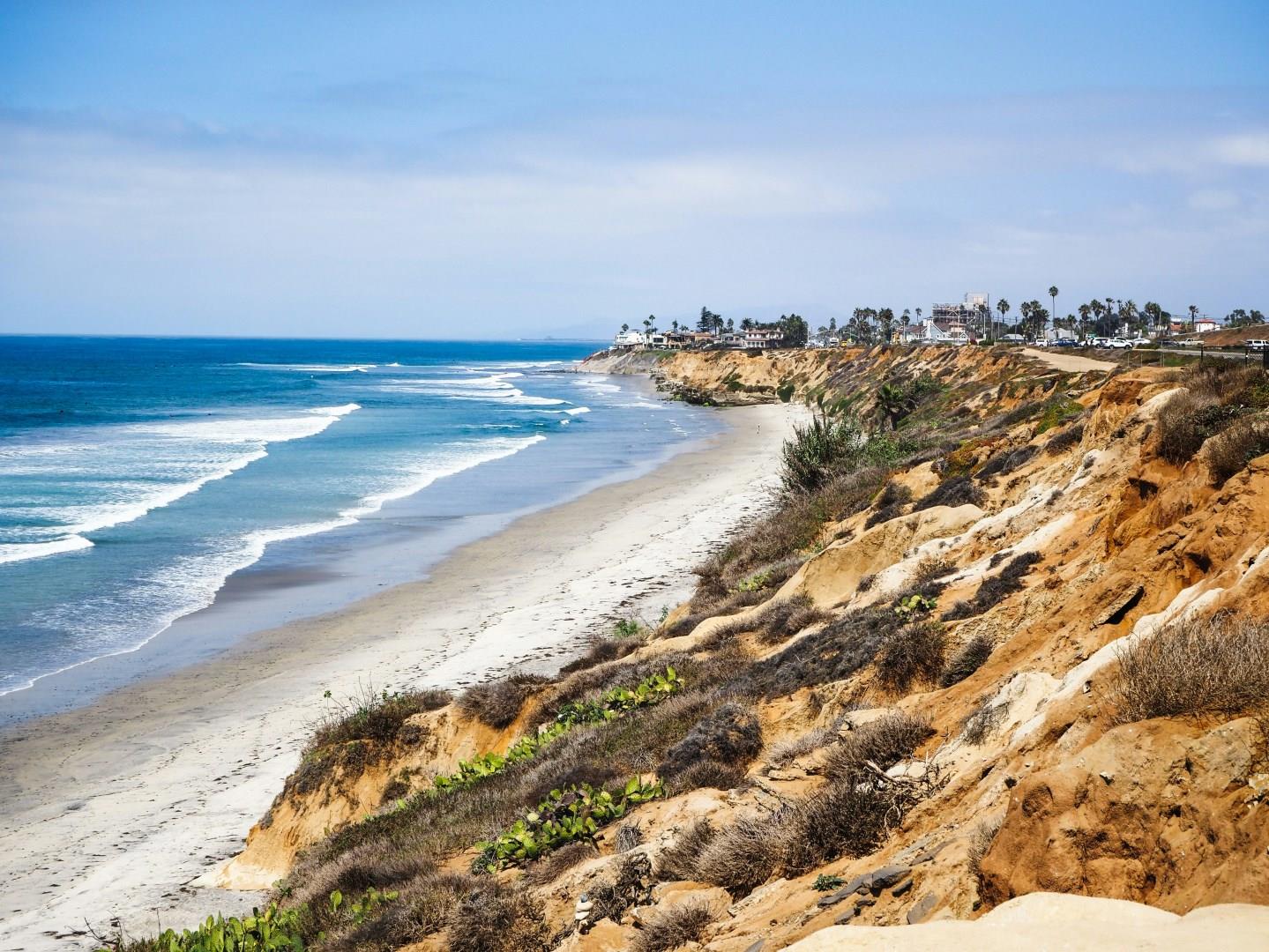

Dunedin
Dunedin is the second largest city in New Zealand and home to the world's only mainland-breeding albatross colony, the Royal Albatross Centre.

Shanghai
Also known as “The Paris of the East,” Shanghai is a youthful and cosmopolitan city with a tantalizing blend of Eastern and Western culture. Across the Huangpu River you will see Pudong district’s futuristic skyline, including Shanghai Tower and Oriental Pearl TV Tower. The gorgeous Yu Garden has traditional pavilions, towers and ponds and definitely lives up to its nickname, "Garden of Happiness."

Riga
Riga, the vibrant capital of Latvia, offers a captivating blend of medieval charm and contemporary energy. Founded in 1201, Riga’s Old Town, a UNESCO World Heritage Site, is a treasure trove of stunning architecture and historical landmarks. Wander through its cobblestone streets to admire the intricately carved facades of buildings like the House of the Blackheads, a striking 14th-century guildhall that epitomizes Riga's rich merchant history.

Carlsbad
Carlsbad, California, a coastal gem located between San Diego and Los Angeles, offers visitors a unique mix of stunning beaches, family-friendly attractions, and natural beauty. The city is best known for its beautiful Carlsbad State Beach, where surfers, sunbathers, and swimmers flock year-round to enjoy Southern California’s idyllic weather and shimmering Pacific waters.



